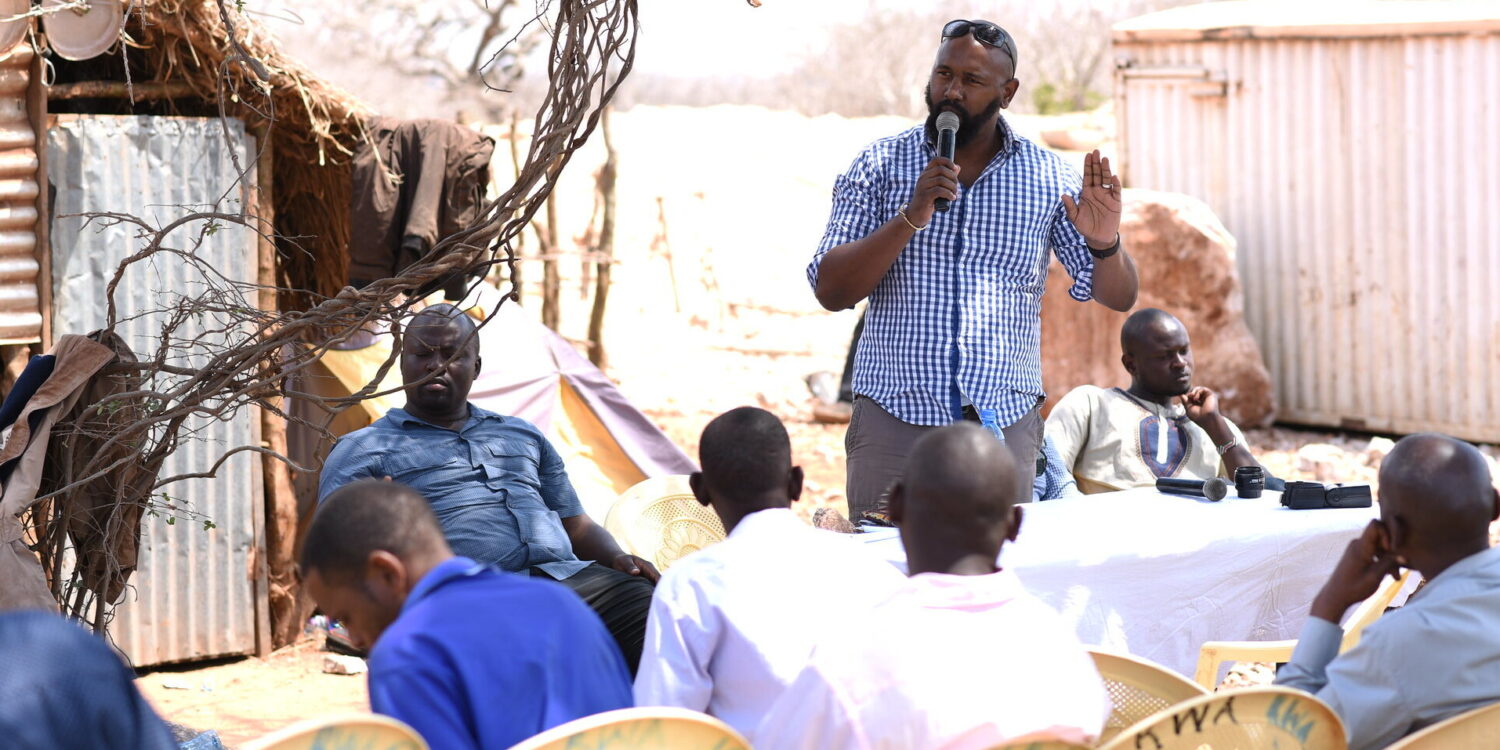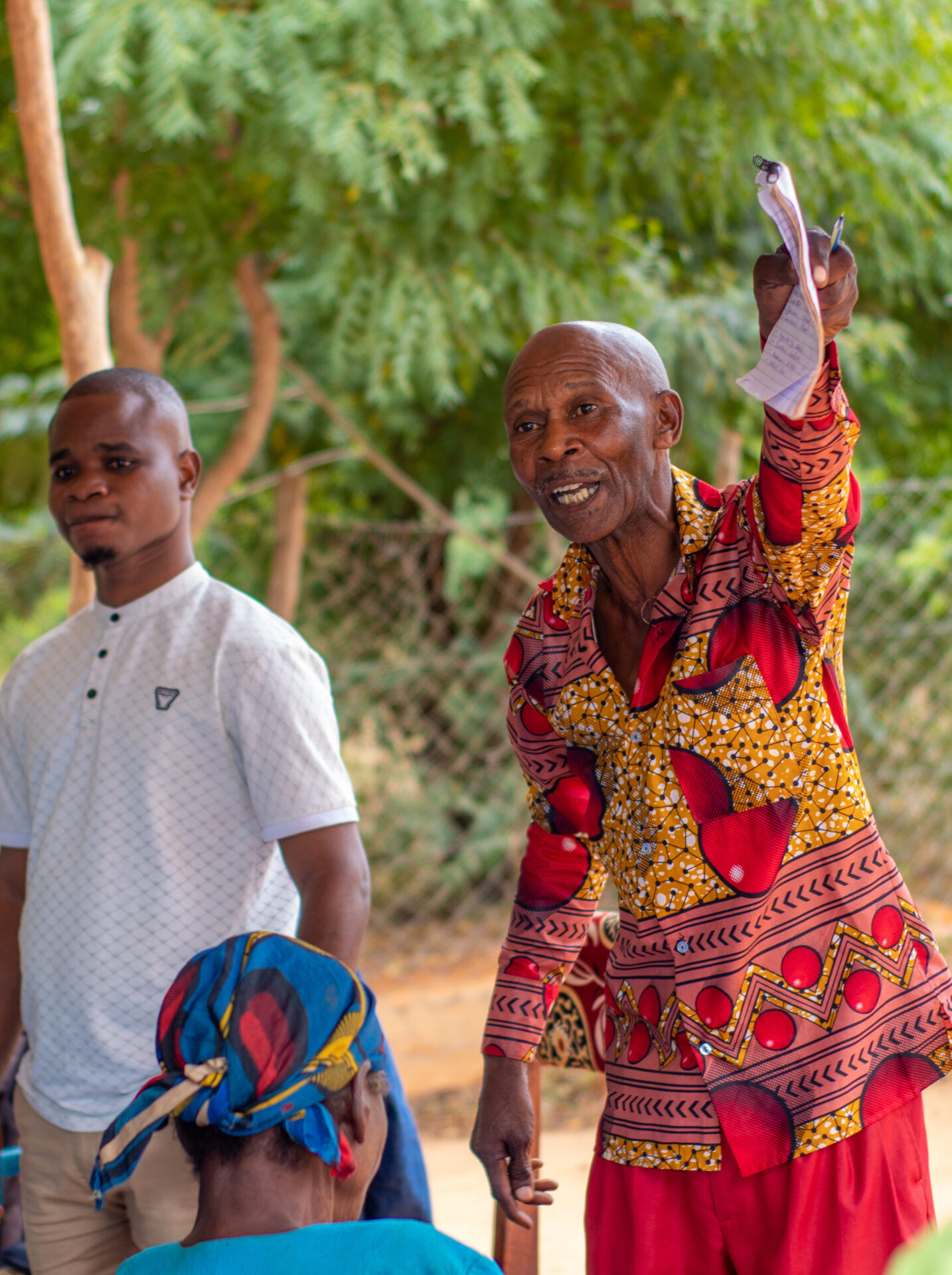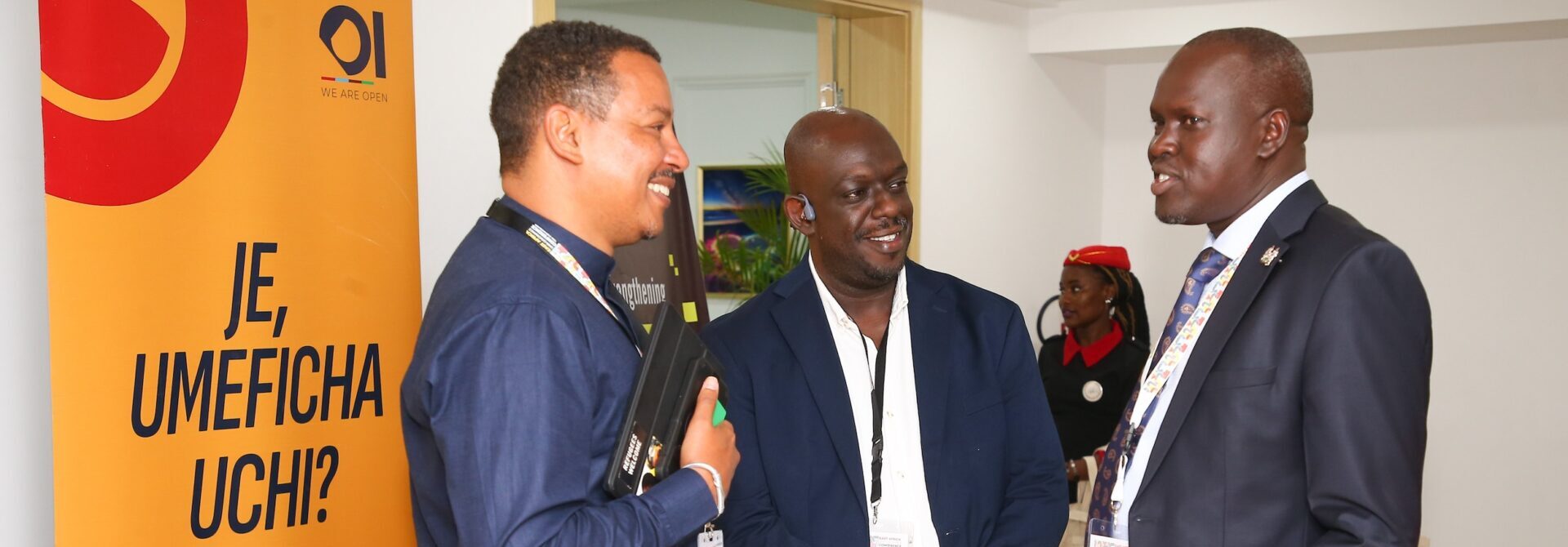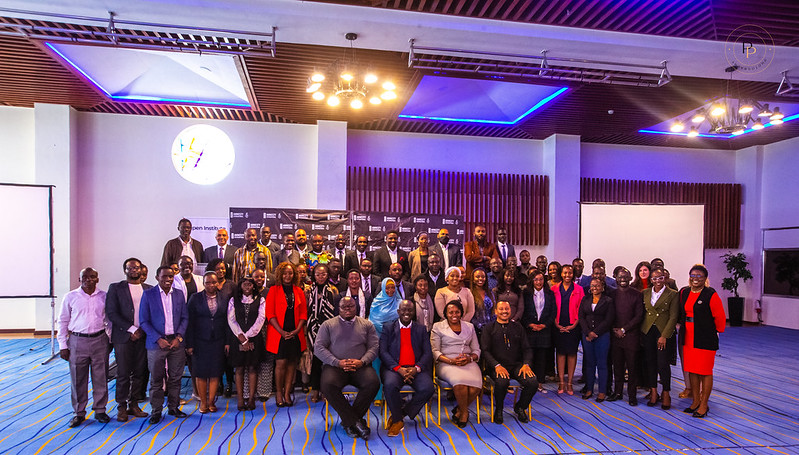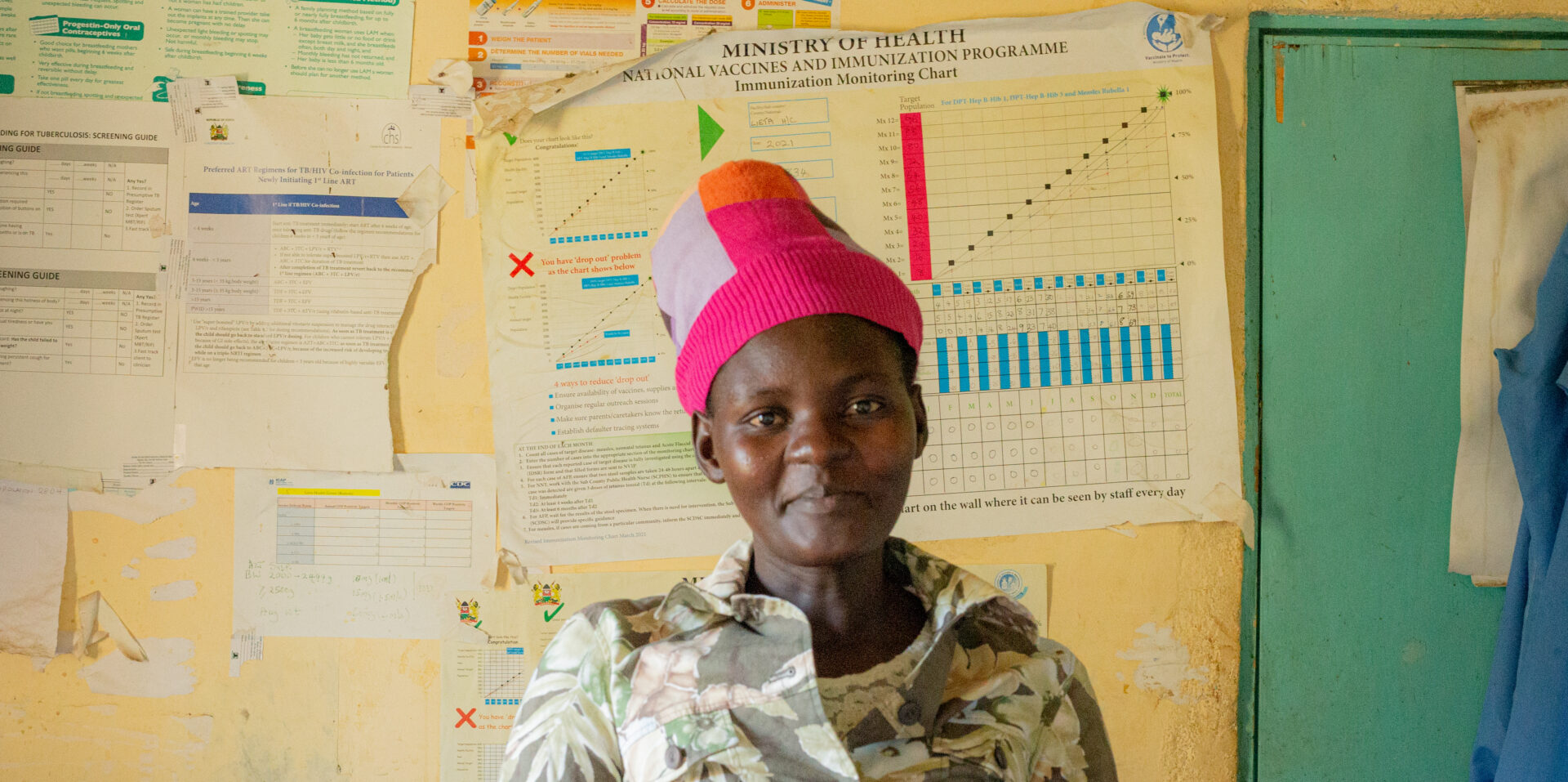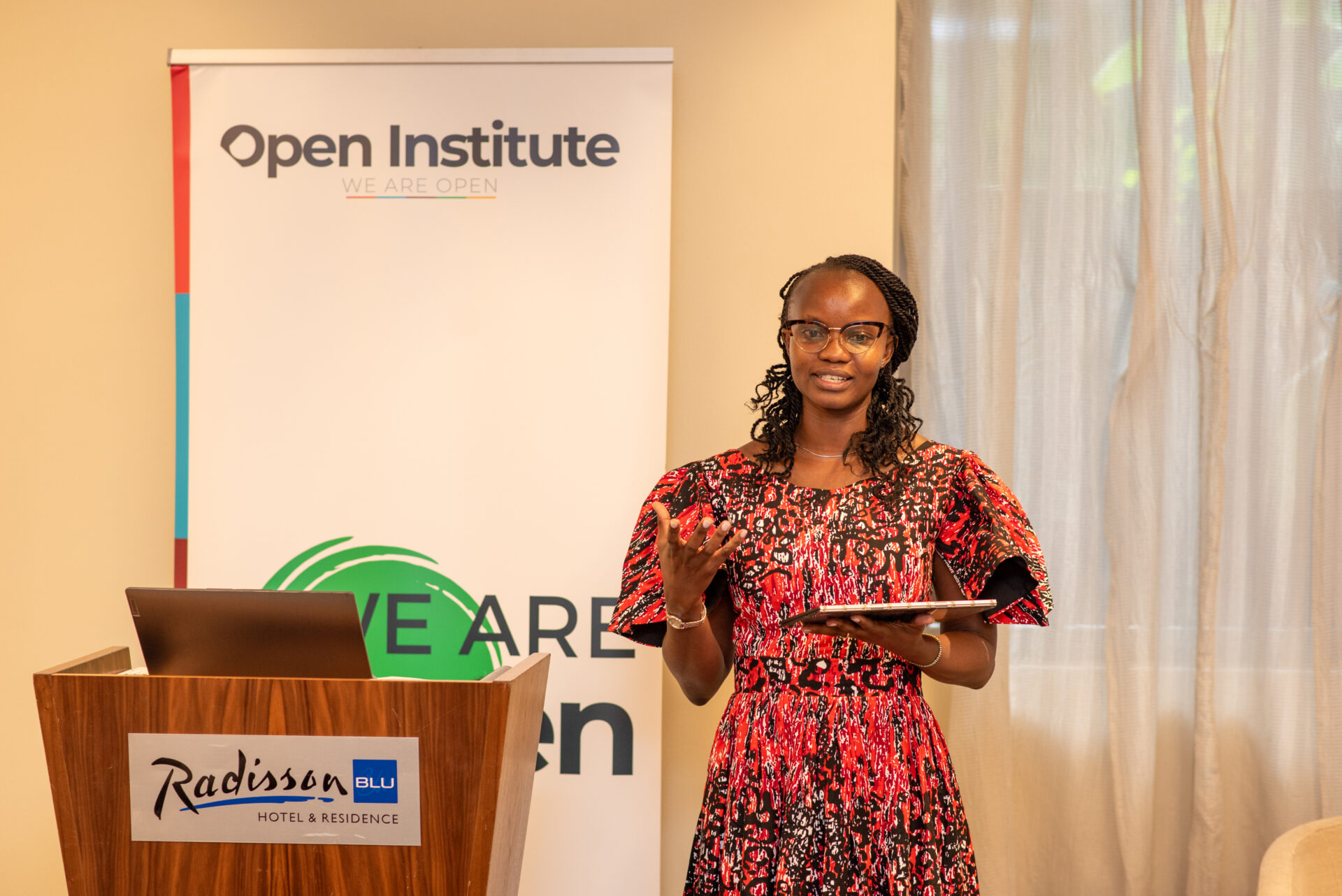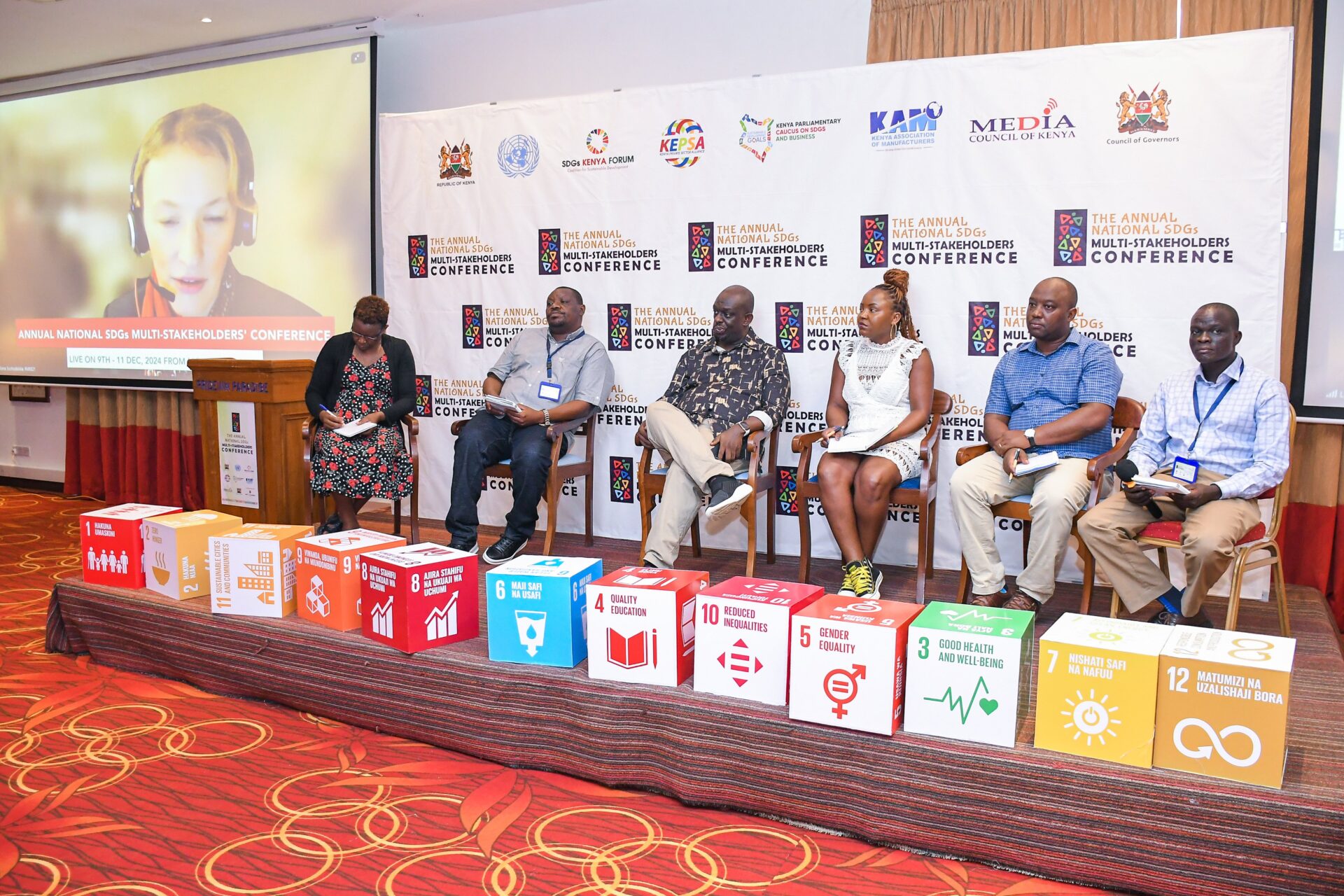As we remember our dearly departed colleague, Jonah Mngola, we are excited to publish his report on Artisanal Small Scale Miners, who represented his life’s mission.
In this step, we also worked with opinion leaders in Taita Taveta, Migori, Vihiga and Kakamega to identify and get basic data on their membership – demographics, alternative occupations etc. The data also sought to review how COVID-19 has affected the ASM industry.
As Jonah departed as he was finalizing the report on October 28, 2020, with the aim to launch it in November 2020, we have since worked with our partners in those counties to update the data and also to review how COVID-19 has impacted those communities of ASMs.
It has been a year since our brother, colleague and friend, Jonah Mngola left us. That year has not been easy for our team as the unexpected loss impacted most of us in very deep ways. At the time Jonah died, he was finalising a report that embodied his life’s work, which was “to find fairness and equity in the extractives sector” (his words as he joined us in 2018). He was particularly passionate about Artisanal Small Scale miners and the fact that they were invisible to policy, to social service and to access to resources.
It was not uncommon to hear Jonah voice his his disgust at the plight of Artisanal Small Scale Miners (ASMs) in Kenya, often lamenting in his quiet way, how they worked long hours in the hot sun, often endangering their lives in the perilous mines and how they usually had no equipment or safety gear. He would often decry the ways that ASMs were exploited by brokers who would buy the miners’ wares at ridiculously low prices and then sell them abroad at a huge profit.
It is against his desire to find real ways to improve the ASM sector that Jonah crafted the Open Institute’s Open Extractives programme to achieve the following key objectives:
- To bring the plight of the ASMs to light and ensure that they are seen and heard in the policy spaces. There is very little data that exists around small scale miners and reports are often dotted with estimates of their numbers (anything from 100,000 to 500,000, depending on who is speaking) and there is almost no data about what their priorities and needs are (it is usually anecdotal).
- To support ASMs to organise and give voice to their issues directly in a data driven way. The goal here was (and is) to make sure that ASMs represent themselves in the decision-making spaces, with their own data and analyses.
- To support government with the technical support they may need to develop structures for better transparency and citizen engagement so that better services can be provided to the ASMs in Kenya.
- To support the endeavours that help ASMs to reach the global market directly using technology. We aimed to support the Gemology Centre in Voi (which has been finalised and is operational, although it has not been officially commissioned since 2017). The Gemology Centre has the capacity to help generate more than Kshs. 3 Billion (USD 30 million) a year if it were properly utilised.
The first step in the work was a scoping study that Jonah and the rest of the team carried out over several months in Lamu, Taita Taveta, Migoro, Vihiga, Kakamega, Elgeyo Marakwet, Kilifi and Kwale Counties. The study reviewed the lack of public services for ASMs in most of Kenya. In Lamu’s Manda Island, we found a community of people who had no access to water or health services. In Kasighau, Taita Taveta county, we saw people who toil in hot rocky environments without shoes, gloves or any other safety gear. We saw in Migori, Vihiga and Kakamega the hardships that people undergo to find gold (our own Prolyne became the first woman in recent memory to go down a gold mine shaft in Migori county.
For us, Jonah’s plan continues. We shall continue to work with these organised groups to develop the first comprehensive accurate dataset that will answer the questions: exactly how many ASMs are there in our counties? What are their needs and priorities? How can they better gain value from their work? We shall also be following up with the Ministry of Mining to see how we can build capacity for the Gemology Centre at Voi to help ASMs reach the global market directly.

